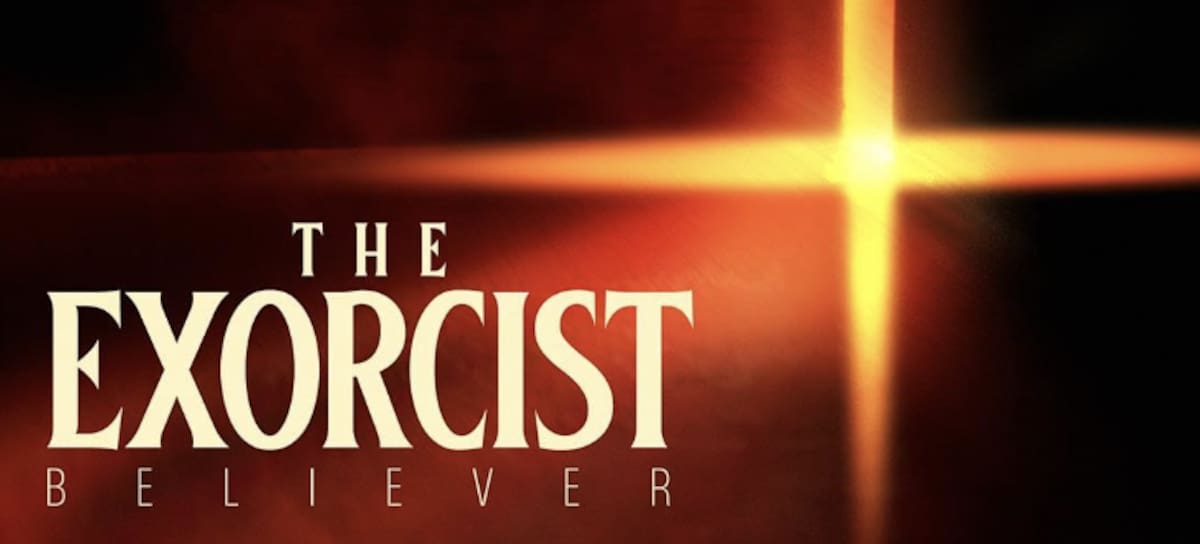The Exorcist: ‘Believer’ Interview with LOS40
De Película brings us an article about the horror film that has become a cultural phenomenon

IMDb.
The Exorcist is more than just a horror film; it is a cultural phenomenon that has made an indelible impact on society. Its exploration of religious and supernatural themes, its redefinition of the horror genre, and its lasting influence on popular culture have cemented its status as a timeless classic. As time passes, the movie continues to both terrify and captivate audiences. Now, it returns to reaffirm its legacy with The Exorcist: Believer.
‘The Exorcist: Believer’ Synopsis
Twelve years have passed since Victor’s wife tragically lost her life while pregnant during an earthquake in Haiti. Throughout this time, Victor has been the sole caregiver for their daughter, Angela. However, a perplexing turn of events occurs when Angela and her friend Katherine go missing in the nearby woods, only to return three days later with no memory of what happened. This perplexing incident sets off a series of events that compel Victor to confront the darkest depths of malevolence. Overwhelmed by fear and desperation, he embarks on a quest to locate the only person who has survived a similar experience: Chris MacNeil (Regan’s mom).
Interview With LOS40
Riva from LOS40 and De Película had the opportunity to interview David Gordon Green, the movie director, and Jason Blum, the producer. Throughout the interview, they delved into the film’s themes and shared insights on the unique experience of immersing themselves in various beliefs and spiritual practices to bring the project to life.
For more awesome movie interviews, don’t forget to visit DePelícula Official Site.
The Exorcist
The Exorcist, directed by William Friedkin and was released in 1973, made an enduring mark on both the world of cinema and our social culture. This horror movie was based on a book with the same name by William Peter Blatty. The movie had a profound impact, offering a portrayal of demonic possession and the struggle to exorcise the evil spirit that was entirely unprecedented. Naturally, it stirred controversy and intense public interest, igniting discussions, particularly focused on religion and the supernatural. Back in 1973, when society was predominantly Christian, the concept of demonic possession and the role of the Church in exorcism became subjects of heated debate.
Impact on the Horror Genre
The Exorcist unquestionably redefined the horror genre. It introduced psychological terror and genuine fear to people, setting a new standard for horror films. The use of practical effects was especially significant and shocking for the audience, including the memorable head-spinning scene and projectile vomiting. Nowadays, it may not be as distressing as it was in the ’70s, but the film paved the way for filmmakers to start experimenting with more shocking and graphic elements, pushing the boundaries of what was considered acceptable in cinema.
The film’s influence extends far beyond its initial release, and its impact on the genre cannot be overstated. It has led to the creation of sequels, prequels, television series, parodies, and more. Many horror movies have drawn inspiration from ‘The Exorcist,’ and it sparked significant interest (and a lot of fear, of course) in the topics of possession and exorcism within pop culture, catapulting the popularity of movies, series, documentaries, or anything that delves into these subjects.
